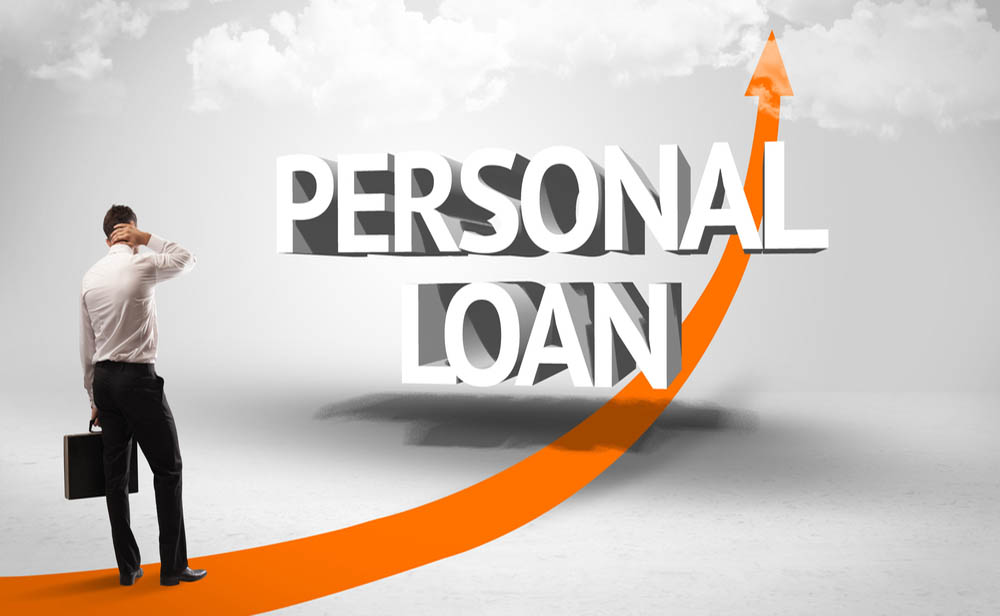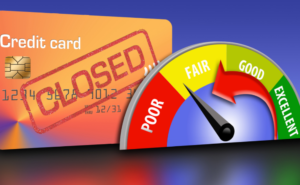7 Reasons Your Personal Loan Application Is Denied
Personal loan lenders judge a debtor’s financial status with the information provided and assess whether they are eligible for a loan and are a good credit risk.
This article will discuss the several possibilities of why your personal loan application could be denied and how to rectify the problems causing the rejection.
Causes Your Personal Loan May Be Rejected
Creditors carry out background checks and do credit investigations to analyze your potential of repaying the loan. You may be denied a personal loan on the following basis:
1. Inadequate Income
Your personal loan application may be denied if your income doesn’t meet the monthly or annual income requirement despite having sufficient funds in your account. Banks and lending institutions will not cater to your needs if your income falls short of the required regular loan repayment.
Before filing and signing your loan application, do your research to determine the minimum earnings required by a lender or bank to see if you meet the criteria.
For instance, a minimum gross annual income of $4,830 is needed to qualify for a personal loan from Citibank.
2. Unsteady Employment History
Several elements are factored into getting personal loan approval. Private creditors and banks set minimum employment term criteria to ensure that debtors can endure repayment throughout the whole loan term.
Avoid persistent switching of jobs, long gaps of unemployment, and a deceitful record of employment to advocate for you being a responsible debtor. The bank requires an applicant to have a minimum employment term of at least a year.
3. Asking For a Bigger Amount Than What You Can Repay
Another reason why your personal loan application may be rejected is that the “desired loan amount” is more than what you can potentially pay back.
Steer clear of this miscalculation by using an online loan calculator to work out the personal loan interest amount and the payments needed to be made each month. This will give you a clear picture of the amount which can be borrowed based on your salary.
Note that you should apply for a lower amount than what you can afford in order for your loan application to be approved.
4. Poor Credit Score
A credit score is a reflection of your past activities as a debtor. Derogatory marks such as maxed-out cards or defaulting on a loan will eventually pull your score down.
A bad credit score usually falls under 580 in the 300 to 850 range and is based on the information provided in your credit report. It is harder for those with bad credit to acquire loans or apply for a new credit card as lenders need to know how likely you are to repay them with interest.
Banks will reject your loan request because of a bad credit score even if you have a stable job with a high salary.
It is necessary to dispute any incorrect entries in your credit report to clear a bad record so that the chances of your loan being accepted in the future are high.
5. A lot of Existing Debts
It is advised not to apply for a personal loan if you are already knee-deep in other debts because your application will likely be rejected as the debt-to-income ratio is too high.
The ideal debt-to-income ratio is 12% (or lower) for a loan to be approved. This ratio is calculated by dividing your outstanding monthly balances by your monthly gross income.
Contemplate delaying your loan request till at least a portion of the amount borrowed is paid off.
6. Insufficient and Fragmented Information
Consider double-checking any personal information you submit for a loan application before processing it. A minor fault in your documentation can taint the possibility that your personal loan is approved.
Your personal loan procedure will be denied or delayed as a result of creditors being unable to verify your data if it is inconsistent. Be attentive and watchful for inquiries and alerts from financial institutions to verify your personal information.
7. Failing to Meet The Eligibility Criteria
Your personal loan may be rejected due to failure to meet the eligibility criteria set by a lender.
Some banks have various differing requirements for personal loans, such as owning a credit card issued by Citi in order to acquire a loan from Citibank.
When Can You Reapply For a Personal Loan If Your Application Was Rejected?
Applying for the same personal loan or any other type of loan is possible after a couple of months of the application being terminated when you first applied.
A reapplication term set by the creditor will give you an accurate date of when to reapply. If a lender does not state the reapplication period, it is recommended to apply again after three to six months. This gives you ample time to rectify any errors which caused the rejection of your loan request.
For instance, reapplication for a CIMB personal loan is possible three months after the date of rejection.
What to Do After a Personal Loan Rejection
First and foremost, identify the causes of your personal loan rejection and work on improving them for your next loan application to be approved.
An increase in your credit score, correcting erroneous entries in your credit report, responsibly utilizing credit balances, and paying off debts will improve and upgrade your financial standing.
Ensure that all the eligibility requirements are met and provide all the relevant necessary documents for when you are ready to apply for another personal loan.
Final Thoughts
Being familiar with all the possible reasons for your loan application being rejected and working on correcting them will assist you in your next application experience. There, however, is no guarantee of lenders approving your personal loan appeals even if everything is aligned.
Persistence is not the key when your loan is rejected. Take time to think about the reasons for rejection because all your successful and unsuccessful loan applications will appear in your credit history. Do your research and shop around to find other creditors you can borrow personal loans from, as you may find better rates with other lenders.
Obtaining a personal loan should be your last resort for availing of credit when there is an urgent need for funds in your account, as a high-interest rate is charged without collateral for these types of loans.






